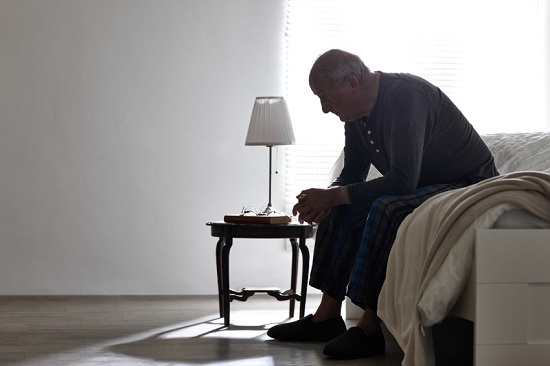The negative effects of hearing loss seem obvious, such as the frustration of the constant struggle to hear and the impact this can have on relationships. But what if the repercussions went further, and could actually influence your personality?
Research from the University of Gothenburg shows that this might be the case. The researchers studied 400 men and women aged 80-98 over a six-year time frame. The researchers assessed several physical, mental, social, and personality criteria throughout the study, including extroversion, or the disposition to be outgoing.
Interestingly, the researchers couldn’t connect the decrease in extraversion to physical variables, cognitive decline, or social issues. The single factor that could be connected to the decline in extraversion was hearing loss.
While people generally become less outgoing as they get older, this study demonstrates that the change is amplified in those with hearing loss.
The effects of social isolation
Reduced extraversion, which can bring about social isolation in the elderly, is a significant health risk. In fact, a meta-analysis of 148 studies evaluating the relationship between social isolation and mortality found that a shortage of supportive social relationships was correlated with increased mortality rates.
Social isolation is also a major risk factor for mental illness, including the onset of major depression. Being less socially active can also lead to reduced physical activity, contributing to physical problems and weight issues, and the lack of stimulation to the brain—ordinarily received from group interaction and dialogue—can lead to cognitive decline.
How hearing loss can result in social isolation
The health effects of social isolation are well developed, and hearing loss seems to be connected to diminished social activity. The question is, exactly what is it about hearing loss that tends to make people less likely to be socially active?
The most apparent answer is the trouble hearing loss can present in groups. For individuals with hearing loss, it is often exceptionally difficult to follow conversations when several people are speaking at the same time and where there is a lot of background noise.
The perpetual struggle to hear can be fatiguing, and it’s sometimes easier to go without the activity than to struggle through it. Hearing loss can also be embarrassing, and can create a sensation of separation even if the person is physically part of a group.
For these reasons, amongst others, it’s no big surprise that many people with hearing loss decide to escape the difficulties of group communication and activity.
What can be done?
Hearing loss leads to social isolation mainly due to the difficulty people have communicating and participating in groups. To make the process easier for those with hearing loss, consider these guidelines:
- If you have hearing loss, consider utilizing hearing aids. Today’s technology can treat practically all cases of hearing loss, providing the amplification necessary to more effortlessly interact in group settings.
- If you have hearing loss, speak with the group in advance, informing them about your hearing loss and promoting ways to make communication easier.
- For those that know someone with hearing loss, try to make communication easier. Limit background noise, find quiet areas for communication, and speak directly and clearly to the person with hearing loss.
With a little awareness, planning, and the proper technology, we can all make communication a little easier for individuals with hearing loss.

